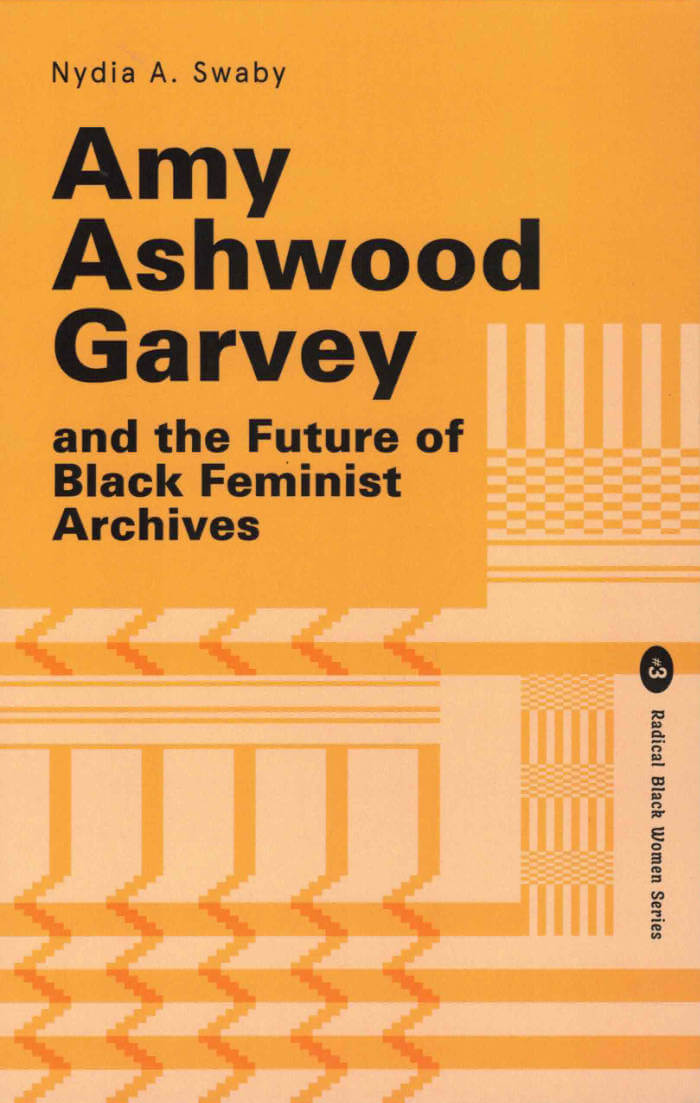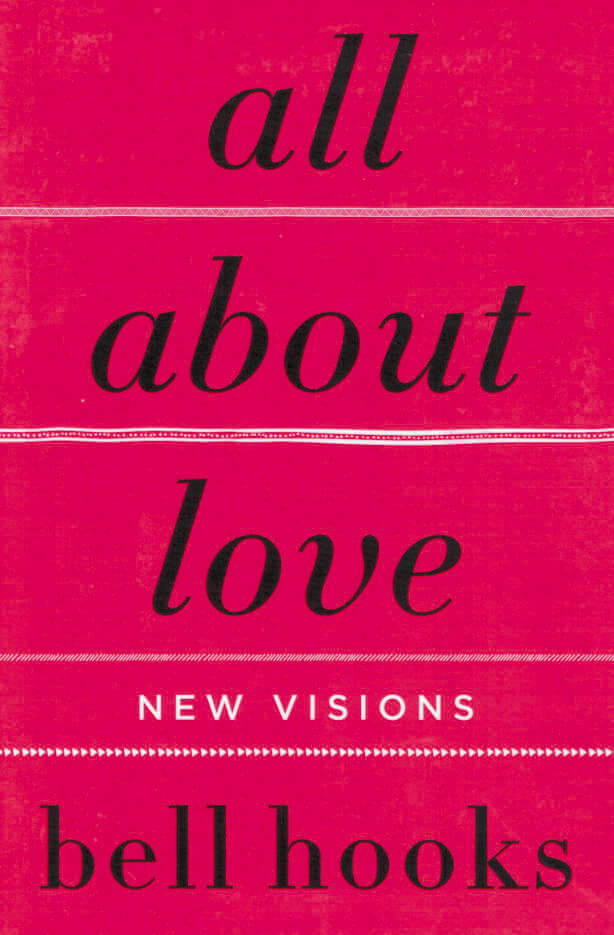
Réenchanter le monde
Silvia Federici présente une histoire critique de la politique des communs dans une perspective féministe. De son vécu au Nigeria et de ses rencontres avec des militantes d’Amérique latine et du monde entier, Federici révèle les luttes quotidiennes des femmes contre la spoliation de leur terre, de leur logement et nourriture. De ses recherches historiques, elle compare les enclosures, qui ont permis la naissance du capitalisme par la destruction des communs et la prolétarisation des populations rurales, aux « nouvelles enclosures » au cœur de la phase actuelle d’accumulation capitaliste mondiale. Cet ouvrage soutient que les luttes autour de la reproduction sociale sont cruciales à la fois pour notre survie économique que pour la construction d’un monde libéré des hiérarchies et des divisions que le capital a implantées dans le corps du prolétariat international.
Federici considère que les communs ne doivent pas être compris comme des îlots de partage dans un océan de relations d’exploitation, mais plutôt comme des espaces autonomes à partir desquels défier l’organisation capitaliste de la vie et du travail.
Essai traduit de l’anglais par Noémie Grunenwald.
Silvia Federici (née en 1942 à Parme en Italie) est une universitaire américaine, enseignante et militante féministe révolutionnaire. Elle est professeure émérite et chercheuse à l’Université Hofstra à New York.





